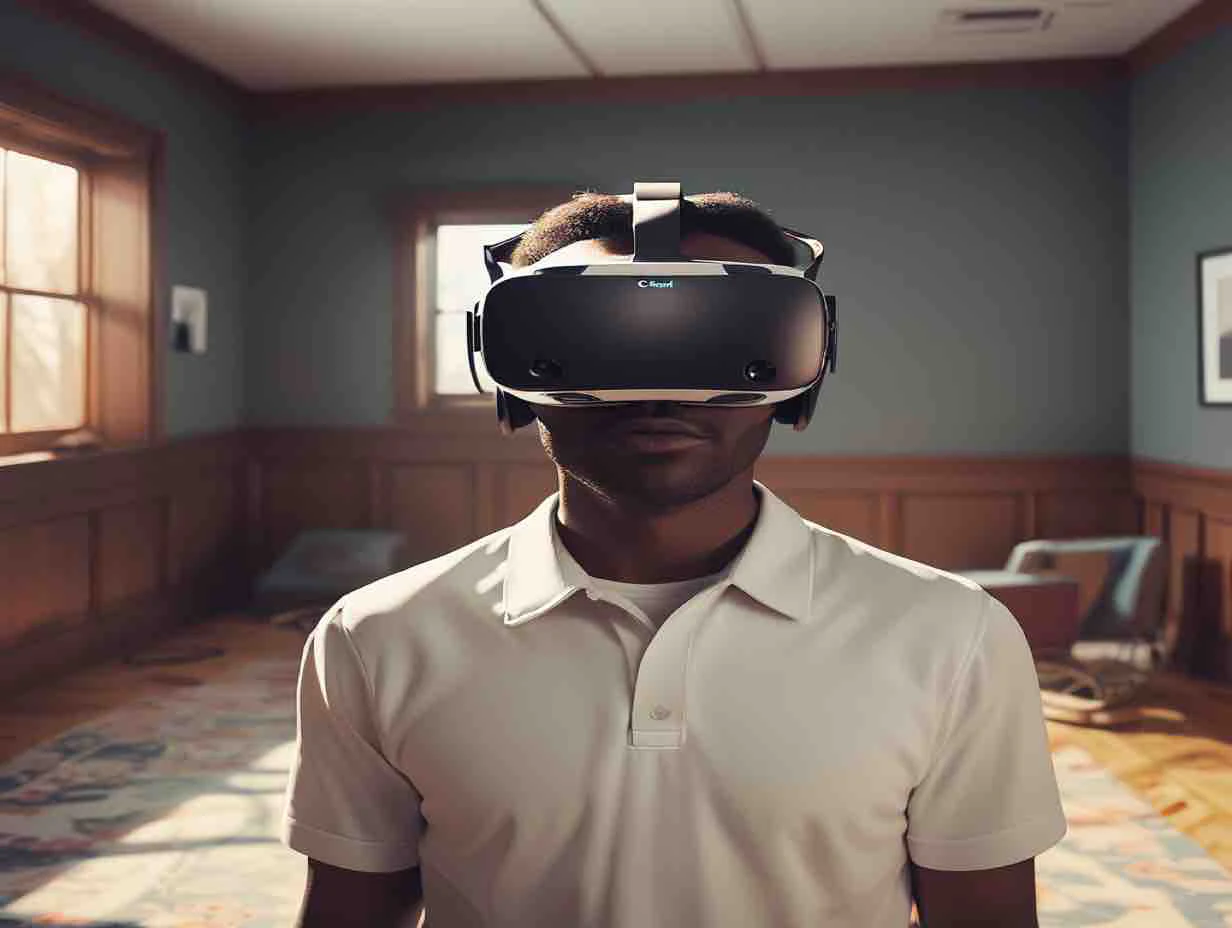The Information Technology University of Lahore in Pakistan has introduced the nation’s inaugural virtual reality-based classes within the metaverse, marking a significant advancement in educational technology. This pioneering initiative, as reported by local Pakistani news outlet Samaa TV, aims to simulate the conventional classroom environment through the utilization of virtual reality headsets and motion tracking technology.
Pakistan University launches metaverse-based learning
Professor Ibrahim Ghaznavi, the head of the computer sciences department at ITU Lahore, expressed optimism regarding the potential of this initiative to enhance the academic capabilities of participating students. This move towards virtual reality-based education comes in the aftermath of the COVID-19 pandemic, during which online courses became prevalent.
However, the integration of metaverse technology signifies a progressive shift in educational methodologies, aligning with global trends embracing virtual reality applications in diverse sectors. ITU Lahore’s collaboration for this program includes support from the University of Denmark, indicating international partnerships driving innovation in educational practices.
The Pakistani university’s strategic vision, inspired by its spiritual alma mater, the Massachusetts Institute of Technology (MIT), underscores its commitment to emulating MIT’s technological and engineering excellence. Since its establishment in 2012, ITU Lahore has forged partnerships with prestigious institutions like Harvard and corporations like IBM, further enriching its academic ecosystem.
Spatial computing and the future of the internet
While the initial excitement surrounding the metaverse primarily centered on gaming applications, recent developments highlight its expanding role in various industries such as education, healthcare, and marketing. Despite gaming-centric metrics like Steam player counts and Oculus sales figures not reflecting a massive uptake of metaverse technologies among gamers compared to other gaming innovations.
The broader adoption across industries also signals a transformative shift. Tim Berners-Lee, widely recognized as the creator of the World Wide Web, emphasized the significance of spatial computing in shaping the future of the internet. In an interview with CNBC, Berners-Lee emphasized the seamless integration of virtual reality experiences across devices, highlighting the importance of multimodal support for user adoption.
This vision underscores the potential of spatial computing to revolutionize how users interact with digital content, bridging the gap between virtual and physical realities. As the Information Technology University of Lahore pioneers virtual reality-based classes in the metaverse, it sets a precedent for innovative educational practices that leverage cutting-edge technologies to enhance learning experiences.




